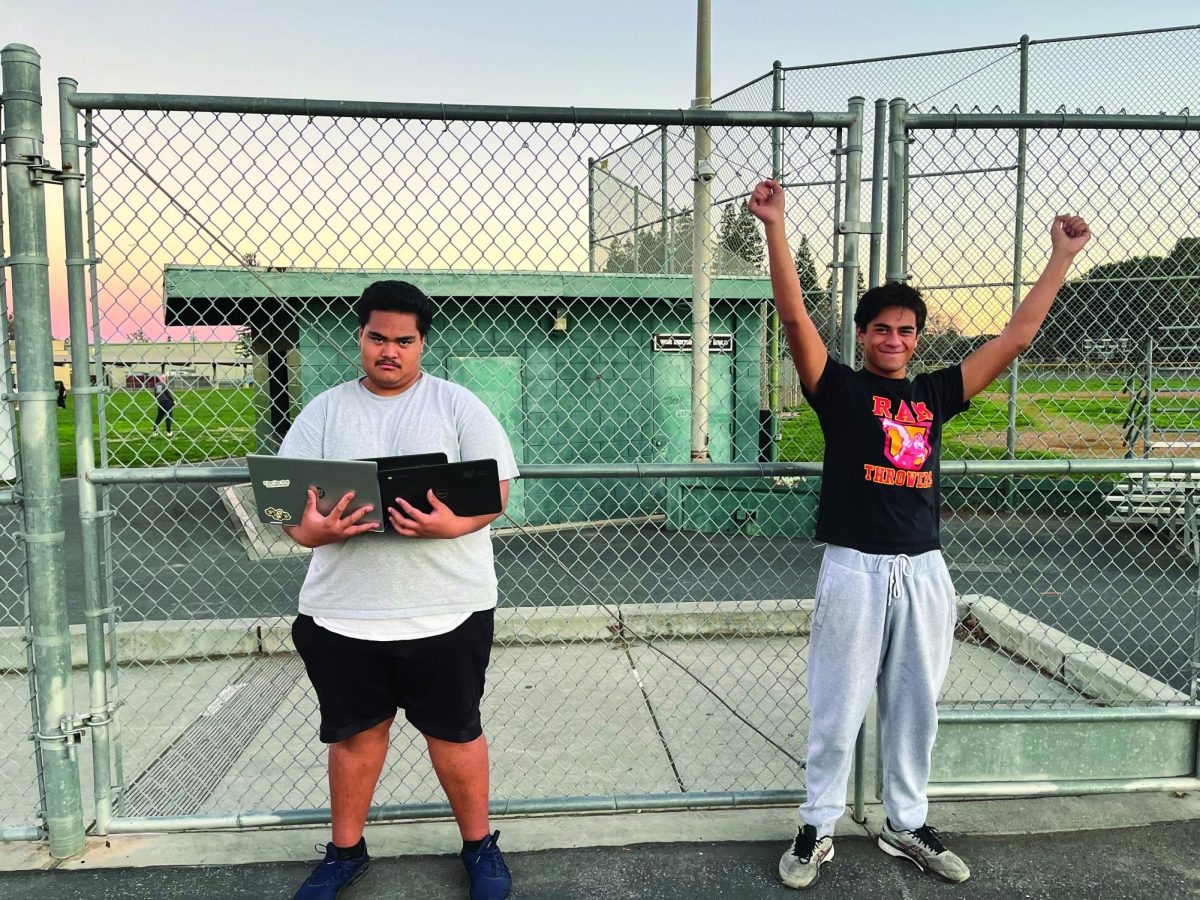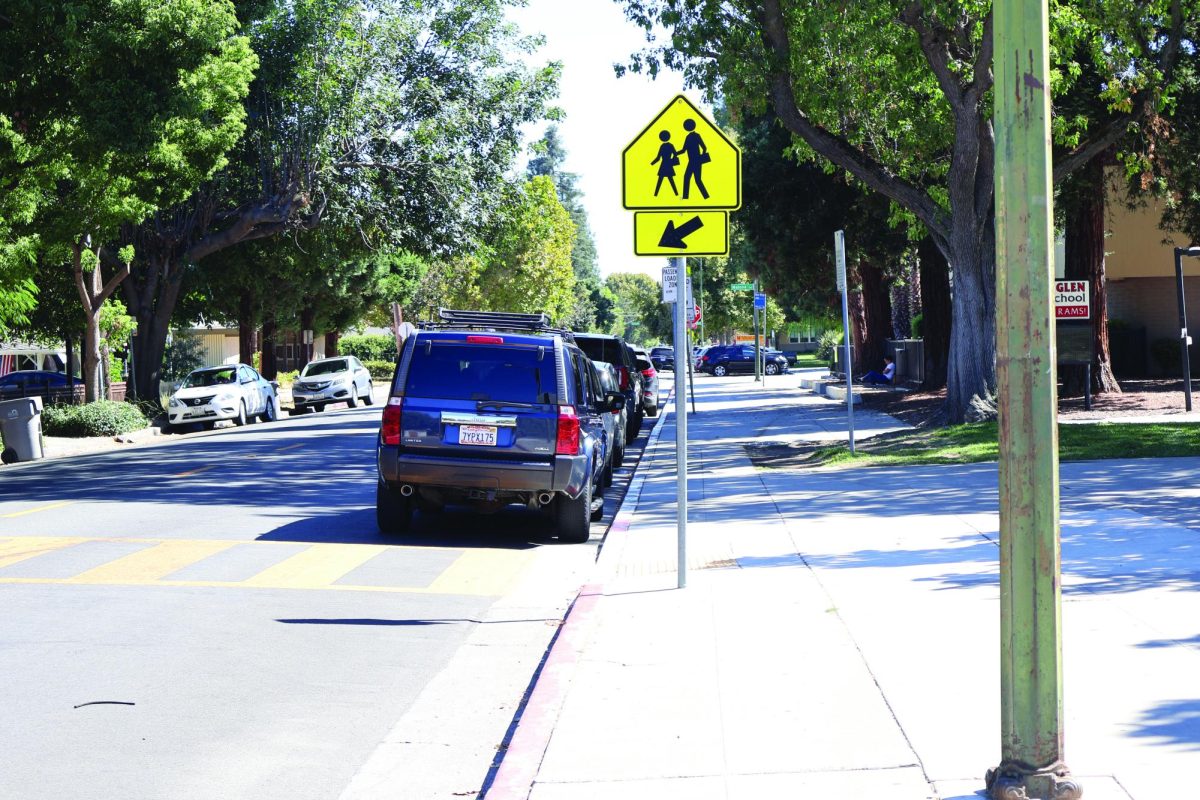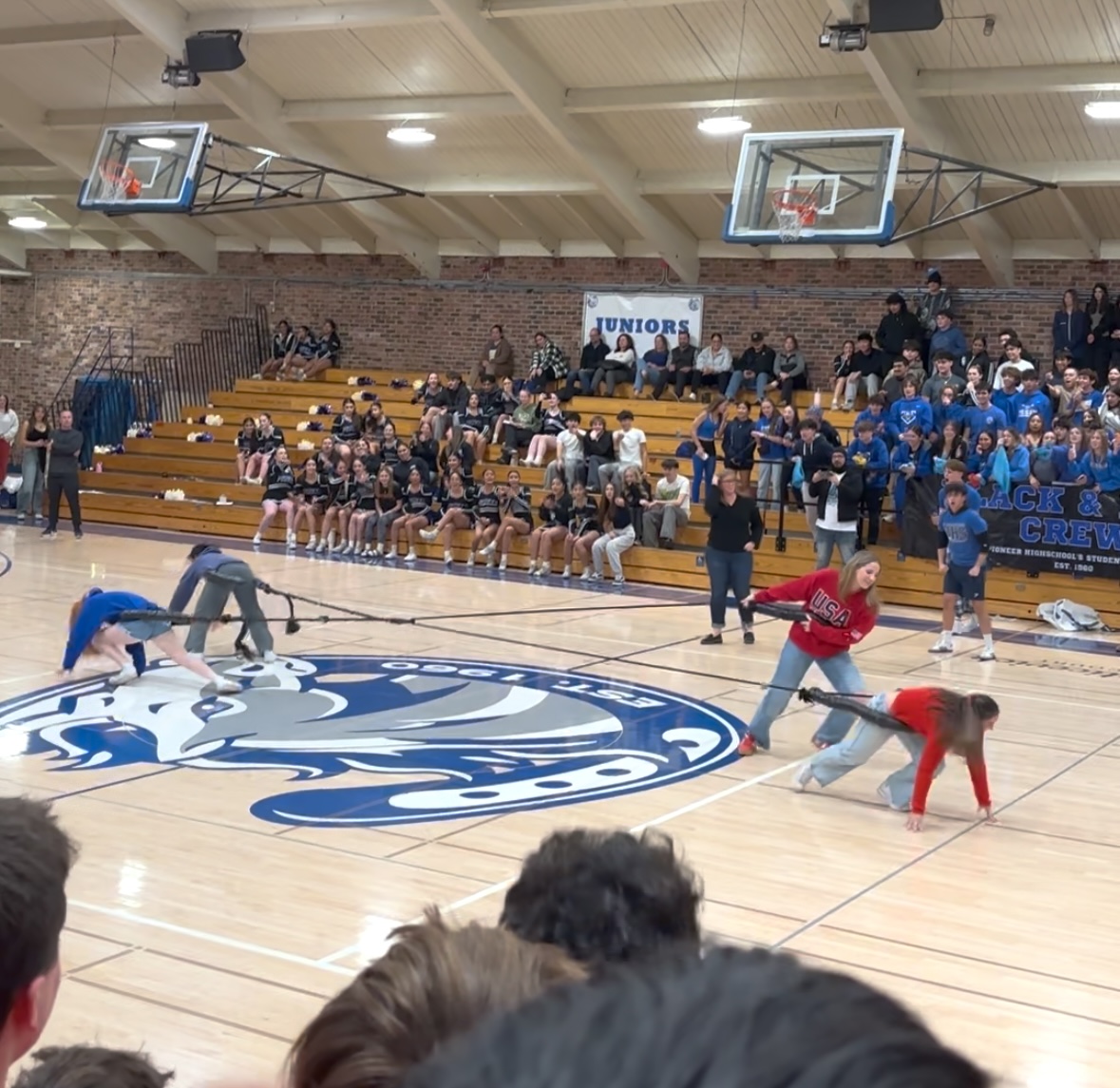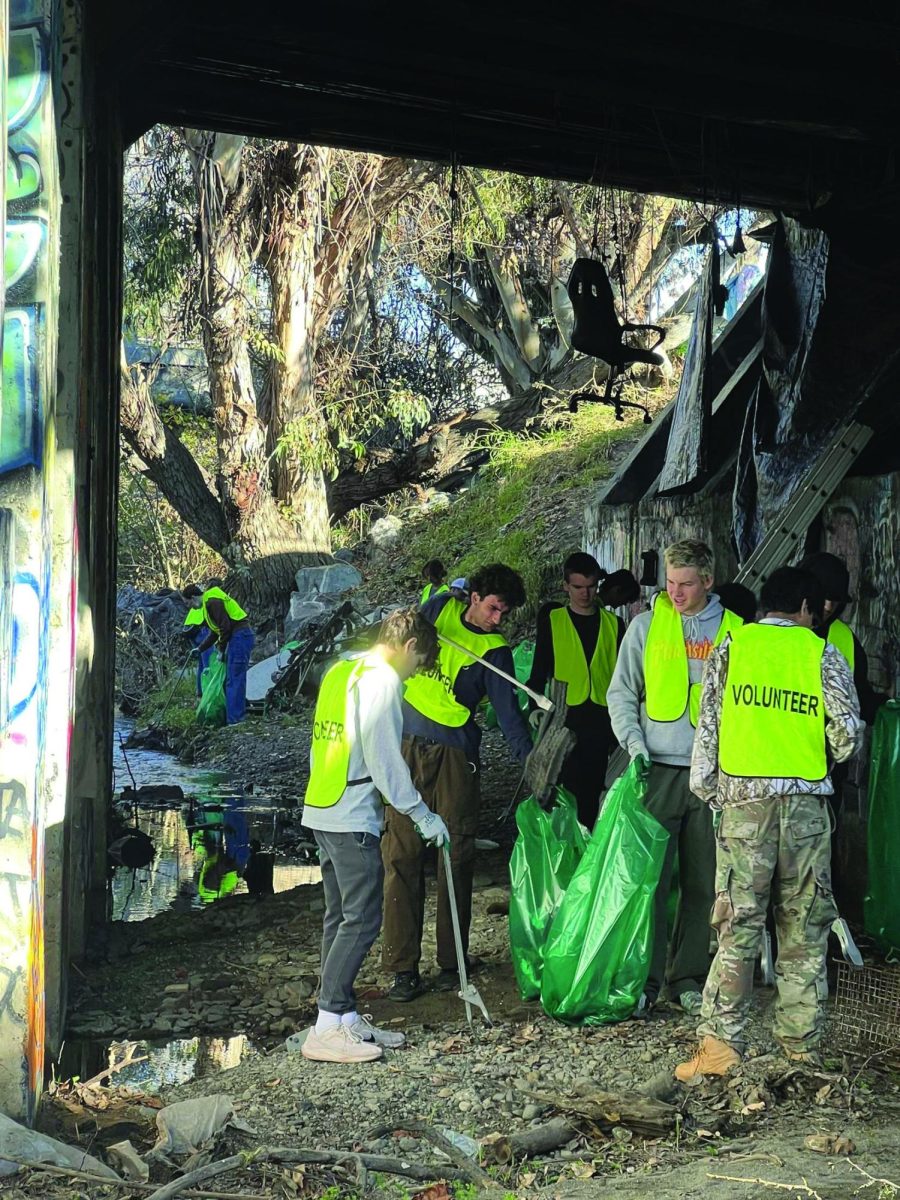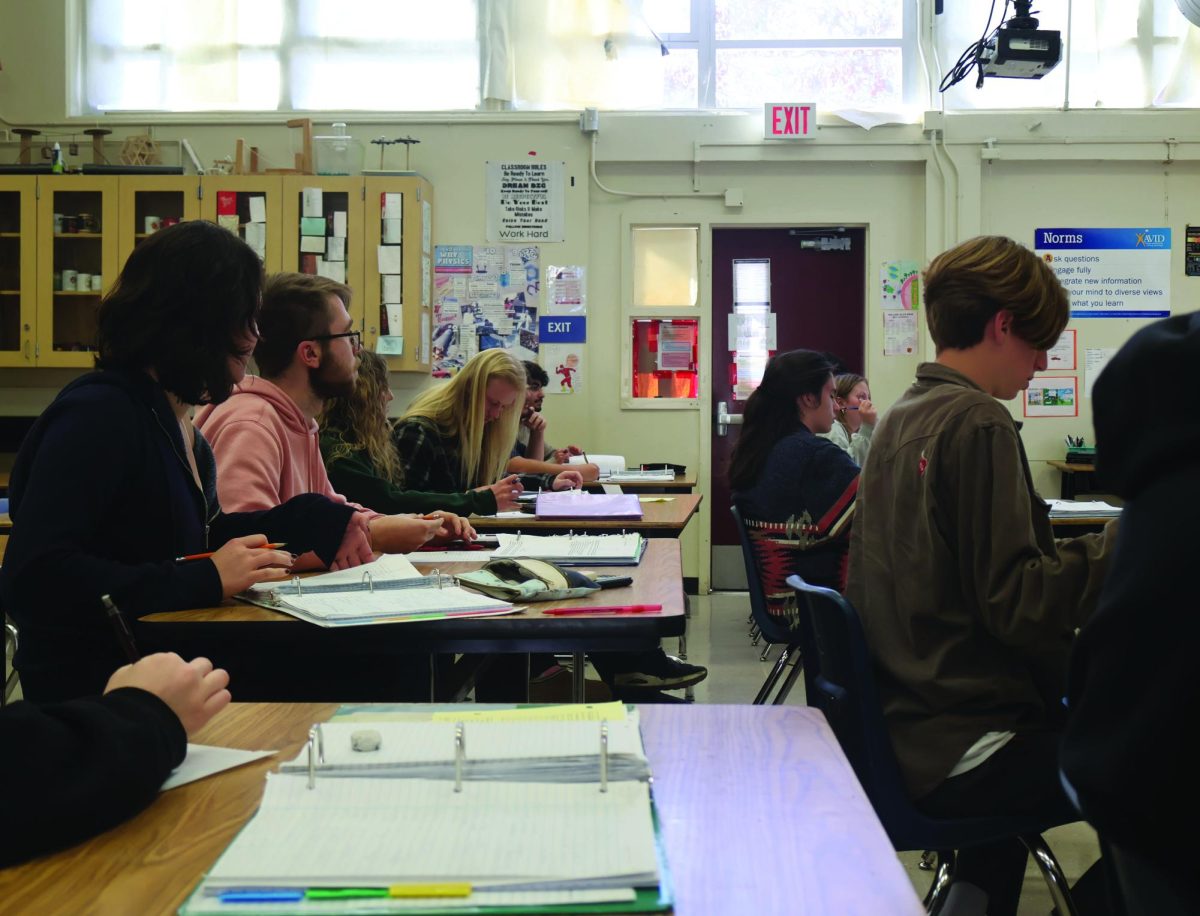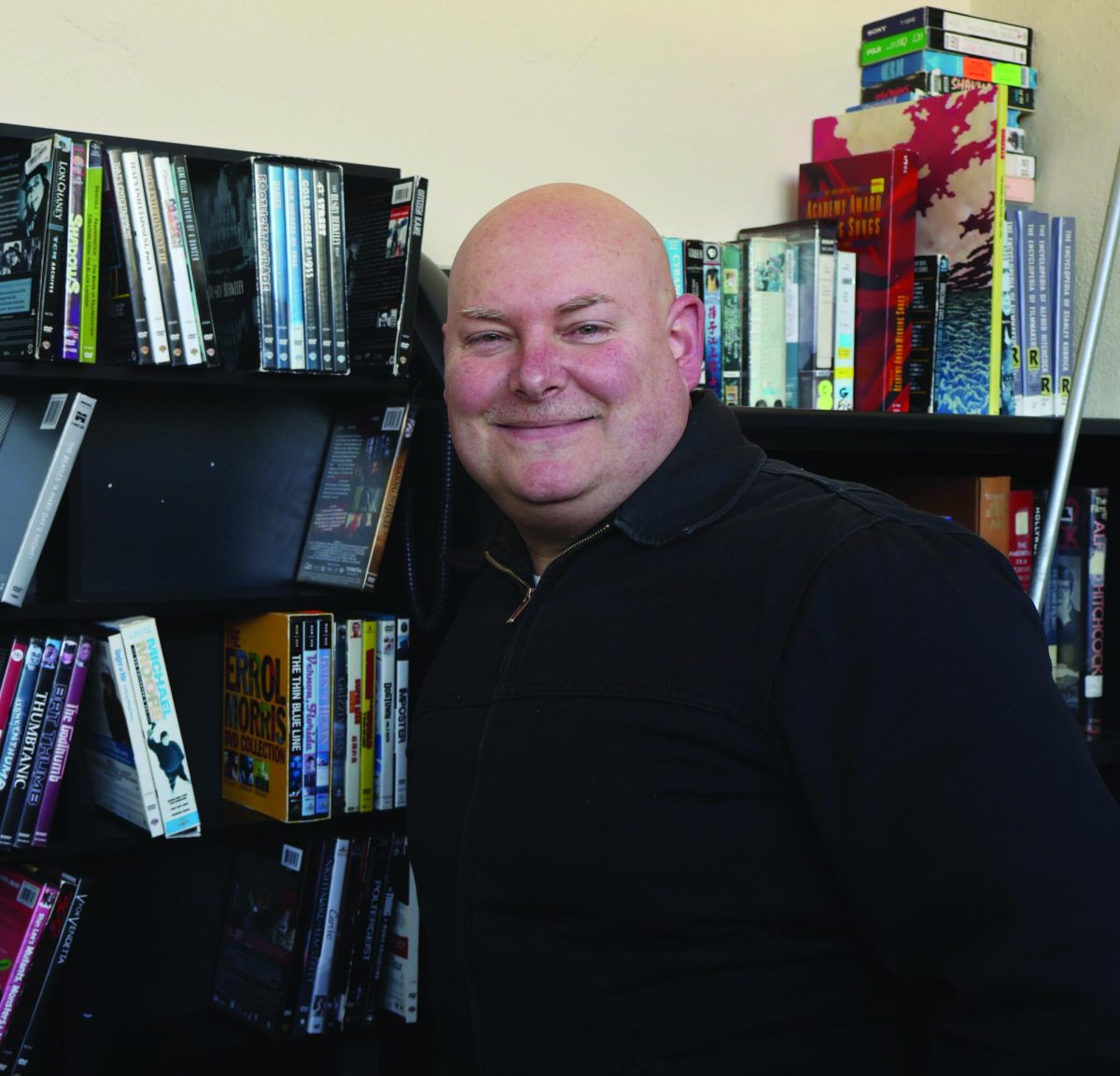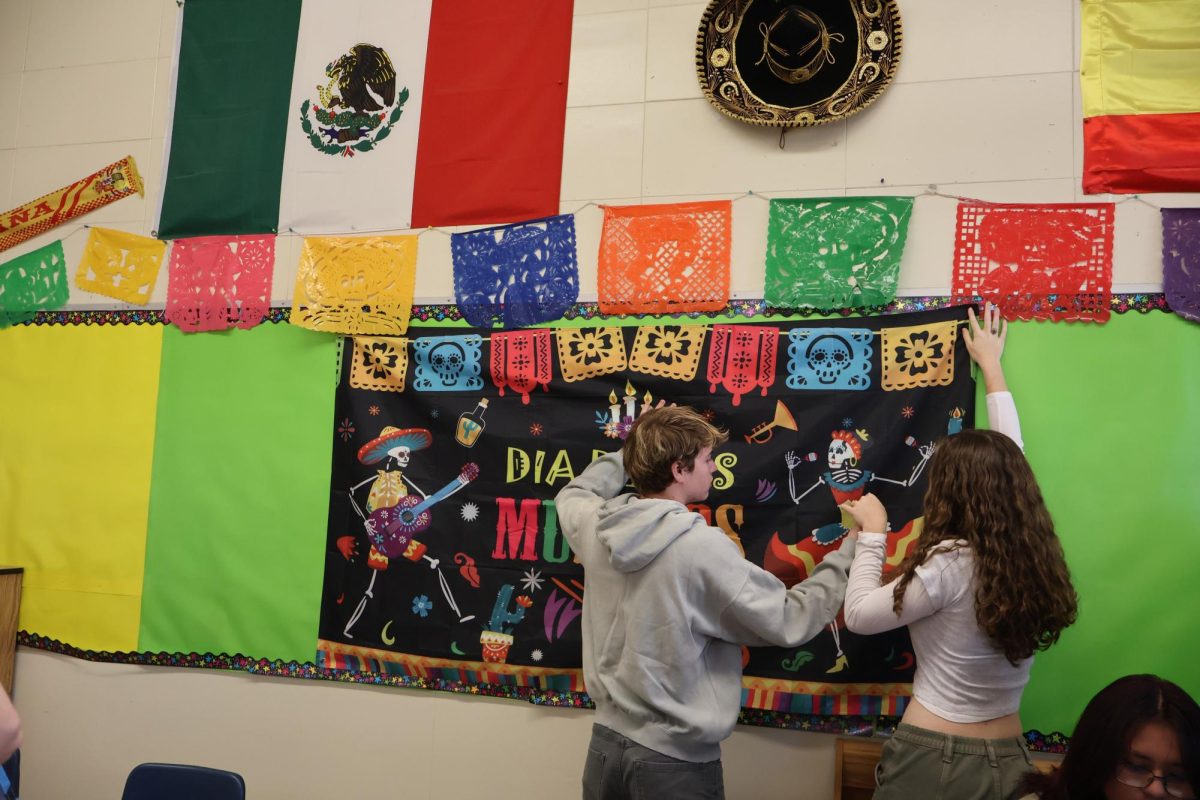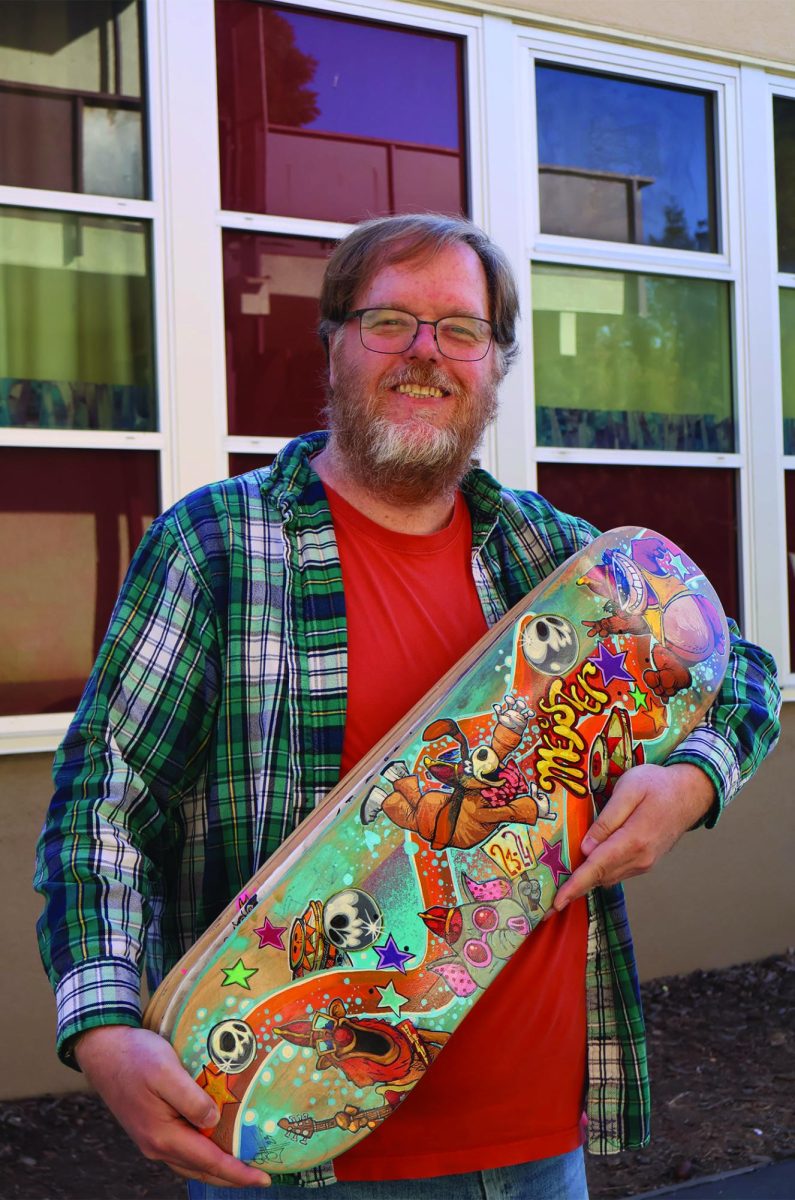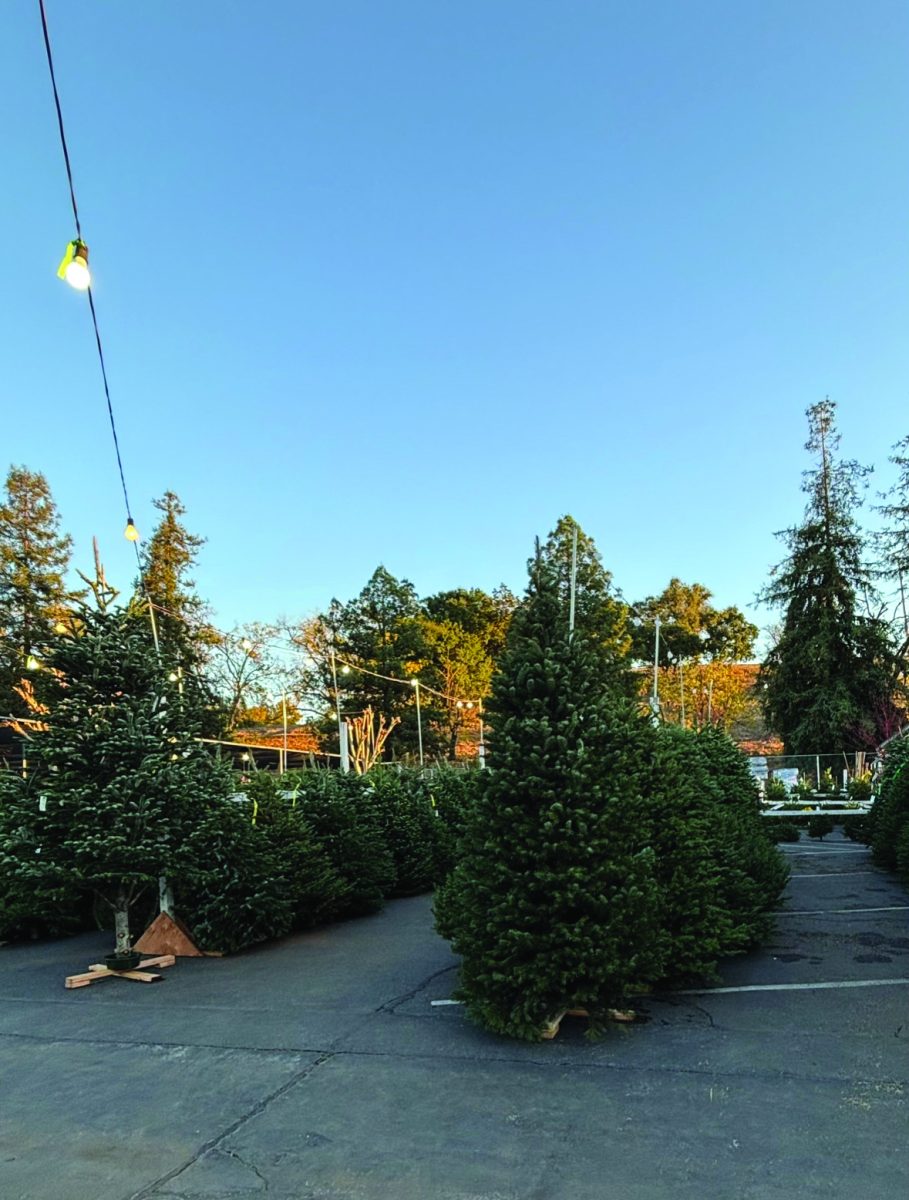Despite its famed prominence in dystopian novel Fahrenheit 451, censorship of literature in schools takes on a much closer to reality role in US headlines. Nevertheless, within California’s more open and progressive attitude towards education, we wonder if our Ray Bradbury fears will ever come to fruition.
According to the American Library Association (ALA), “4,240 unique book titles [were] targeted for censorship in 2023, which was more than the previous two years combined.” With more partisan political attitudes across the country, more divisive issues centered on sensitive topics within education seem to continually become increasingly prevalent. This has ultimately spiked regressive change, like that cited by the ALA.
However, these more controversial political actions have also sparked opposite and equal progressive legislation in schools. In September 2023, California Governor Gavin Newsom, signed AB 1078 which banned book bans and textbook censorship in the state’s 10,000+ public schools, leaving these topics to be further embraced.
In San Jose Unified School District, Willow Glen High School is provided with a curriculum with 20 different modules that English teachers can choose from, giving classes flexibility and coverage over vast topics. When asked if teachers have the power over what books they teach, Co-head of the English Department at Willow Glen, Amy Gannon, answered with a resounding “absolutely.”
As a result of the provided curriculum, educators are given freedom to emphasize what topics they believe will most benefit students and provide them with adequate exposure to societal issues. As stated by Gannon, “there are currently no banned books within SJUSD.” If anything, WGHS has treated these sensitive and controversial topics the opposite way. Many of the books taught at school intentionally focus on consequential and significant subjects, with teachers following certain guidelines to ensure they are discussed properly and appropriately.
As an educator of over 20 years, Gannon believes that previously banned books are more beneficial than less controversial texts. In the 1990’s, the district issued a list of banned books including Catcher in the Rye, To Kill a Mockingbird, and Of Mice and Men, all of which were and still are a part of her lessons. She believes books like these “spark conversation about what it is that makes educators [think] kids shouldn’t be reading” them. Not only has the relevance of these banned books’ changed, their context has also shifted. Now, these books are no longer modern ideals. Rather, they are markers of what once was and how society changes and reacts to voices we tend to overlook.
“When you start to censor things, you’re not allowing everyone to have a voice…and you start to put kids onto a certain trajectory rather than being open to all that’s out there” declared Gannon. When introducing censorship into public education, it “stifles kids’ growth as readers and people” within our ever changing world.
